How Musicians Can Take Control With NFTs

The music industry offers a striking case study of what happens when market access is controlled by a few actors: of the over $22 billion in revenues generated in 2022, only about 12% went to the artists.
Oligopolies and centralization are synonymous. Four major record labels and their subsidiaries control approximately 90% of the music industry. They decide where the music is recorded and how it is distributed. Much of the power of these conglomerates comes from their ability to intermediate between musicians and their fans. Web3 music platforms powered by NFTs are fundamentally altering every one of those market dynamics.
In this article, we’ll cover:
- NFTs and how they can they help musicians
- How musicians can use NFTs
- NFT platforms on Polygon exclusively for musicians
What are NFTs and how can they help musicians?
NFTs, or nun-fungible tokens, are digital assets that store metadata. This metadata is used to link to a piece of media, such as an image or song. Importantly, each NFT is unique. Blockchain technology is used to determine who that NFT belongs to, effectively tying creators to the thing they’ve created immutably.
Broadly, the power of blockchain technology lies in its ability to circumvent intermediaries. Because NFTs can be used to capture this power of blockchains to remove middlemen, they are a powerful tool that emerging musicians can use right now.
By removing intermediaries, NFTs allow musicians to build closer relationships to their fans, as well as more substantial and sustainable income streams.
Read more: The Creator Economy is Dead. Long Live the New Creator Economy
How can musicians use NFTs?
The closest analogue to paying for music is an NFT tied to a song or a track. Musicians can mint songs into an NFT, which their fans buy and listen to. The listener won’t own the song, but they will own the NFT, which means they can resell it. Unlike used CD sales, when music NFTs change hands, the musician can still receive a royalty.
NFTs can also represent non-music collectibles and other ways to reward dedicated fans, ranging from autographs and one-of-a-kind trading cards to access to collaborations with other artists. NFTs can also function as concert tickets, an exclusive right to purchase a piece of limited merchandise at the show or admission to a token-gated chat with the artist.
Combined, the various applications of NFTs give artists more options to create a financial support base that is most suited to their particular needs. Even more importantly, NFTs can convert each transaction into a lasting connection between artist and fans.
Read more: The Complete Beginner’s Guide to NFTs on Polygon
What NFT platforms on Polygon are for musicians?
There is a thriving ecosystem of projects that are building the foundation for Web3 music using Polygon protocols. From new music production technologies democratizing access to creative tools (Arpeggi Labs, StemsDAO, Demotapers) and direct artist-to-fans communities (Snowcrash, Medallion, Pixelynx, Serenade, Droplinked) to decentralized music distribution (Royal, FanTiger) and ticketing (YellowHeart, 3PM).
For the full rundown of Web3 music initiation on the Polygon network, read Web3 & Music: Art in the Era of AI-Generated Content.
Tune into the Polygon Labs Blog and our social channels to keep up with updates about the Polygon ecosystem.
Together, we can build an equitable future for all through the mass adoption of Web3!
Website | Twitter | Developer Twitter | Forum | Telegram | Reddit | Discord | Instagram | Facebook | LinkedIn



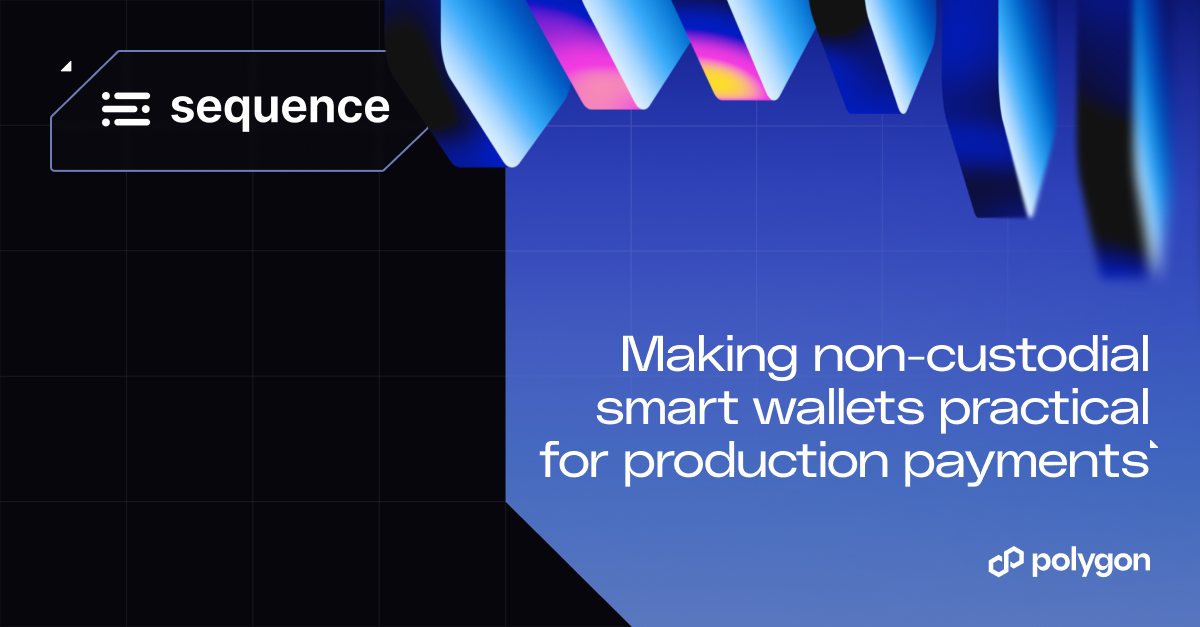


.jpg)
.jpg)
.png)

.png)

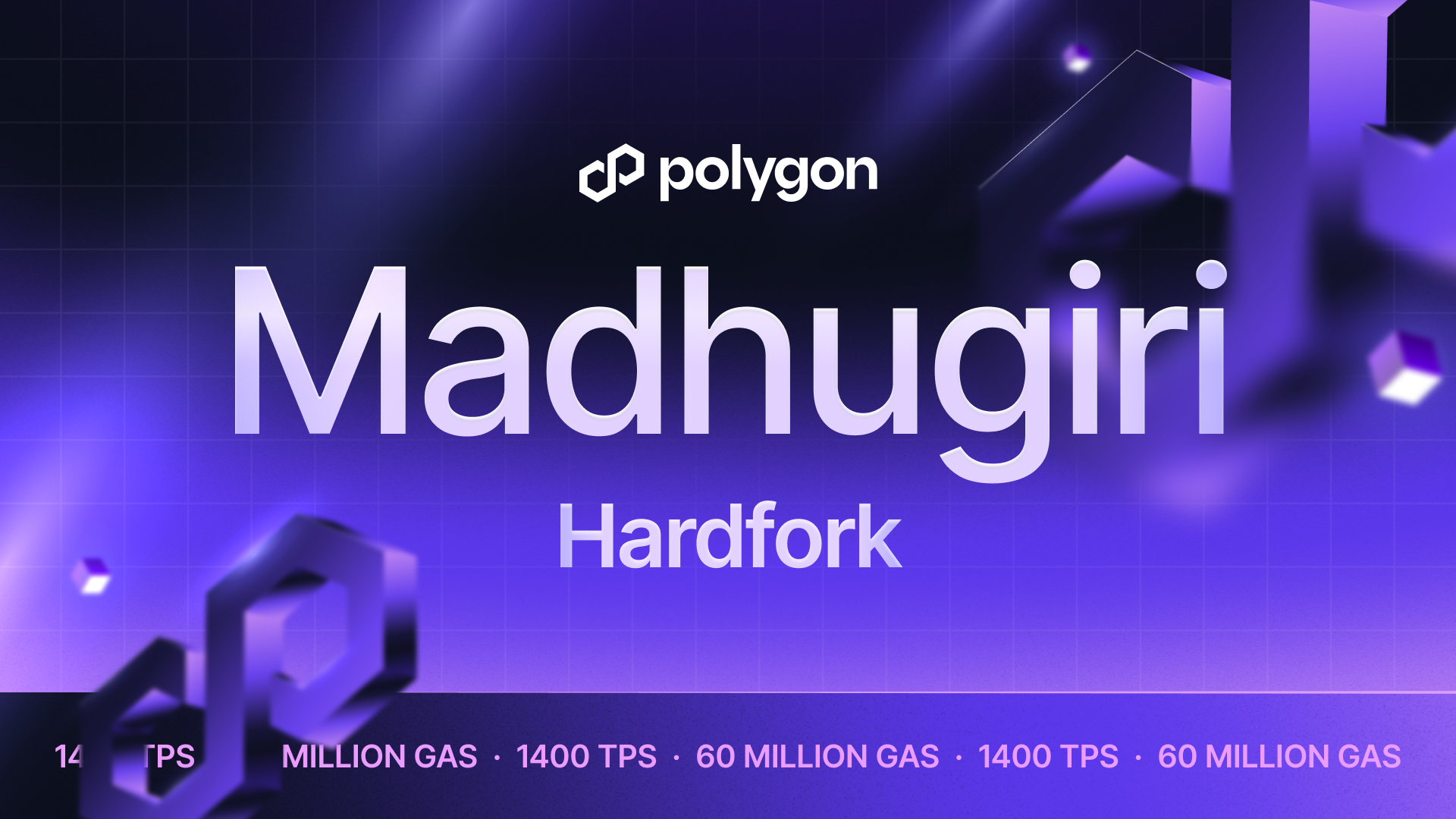
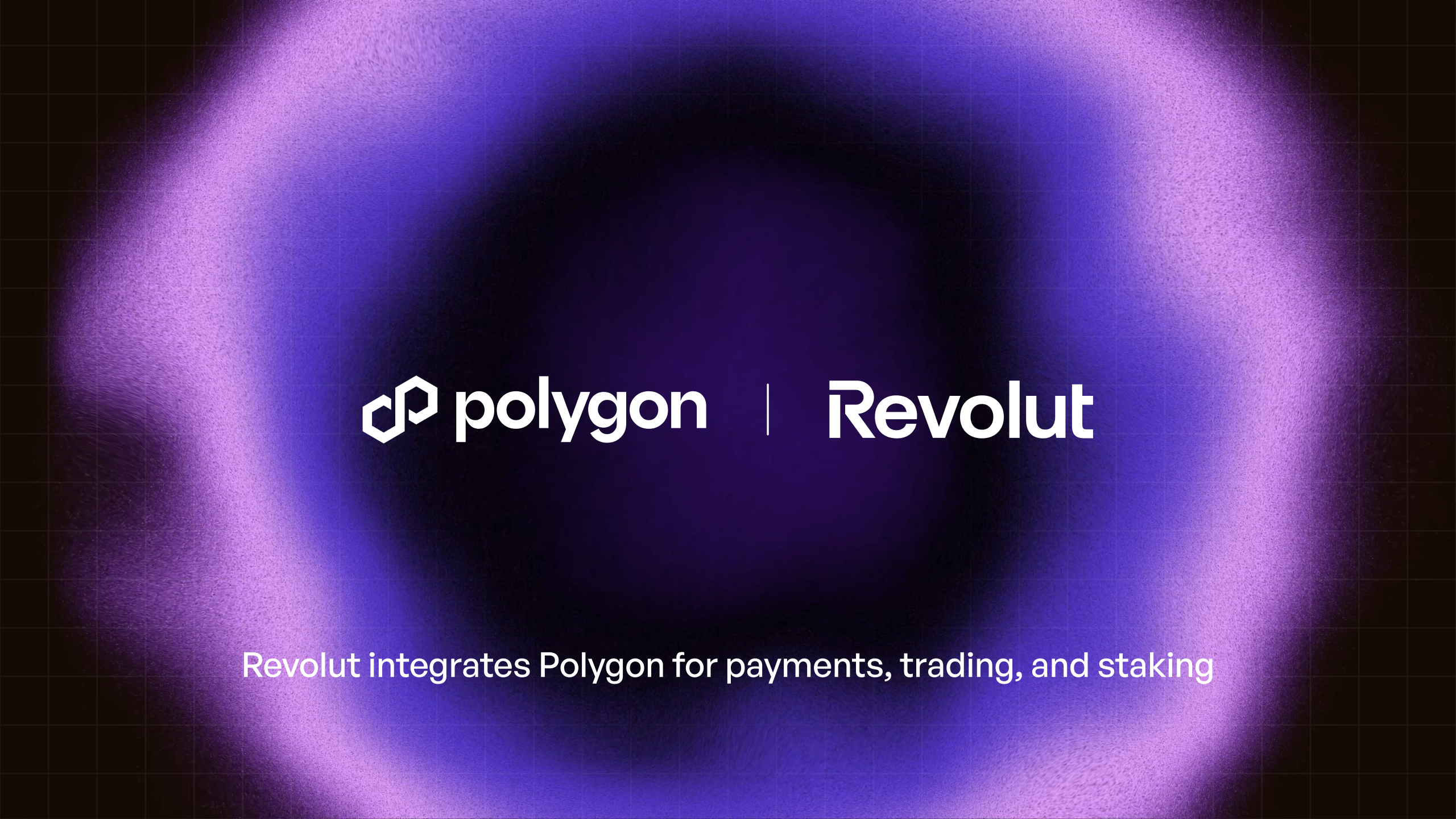
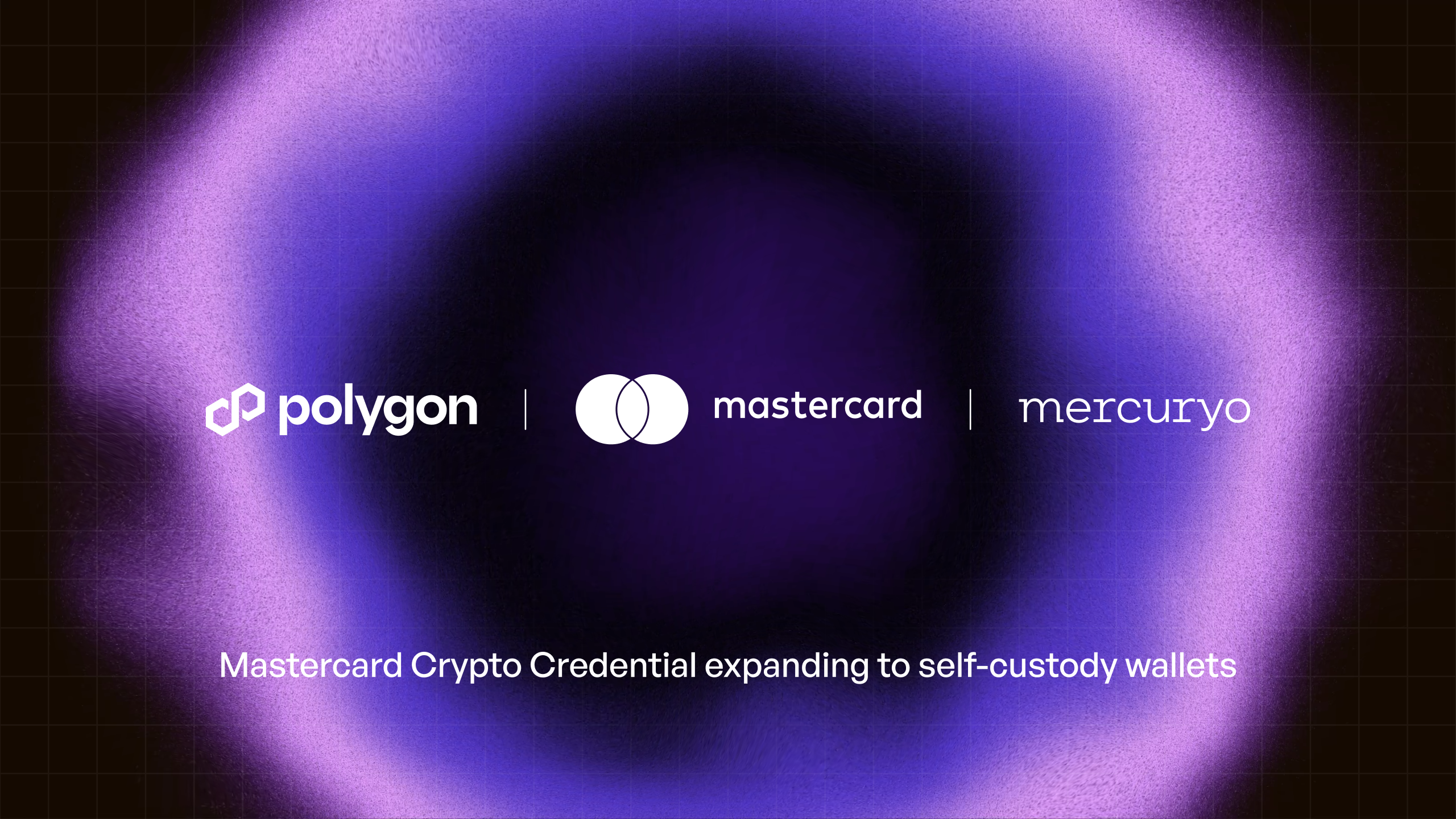
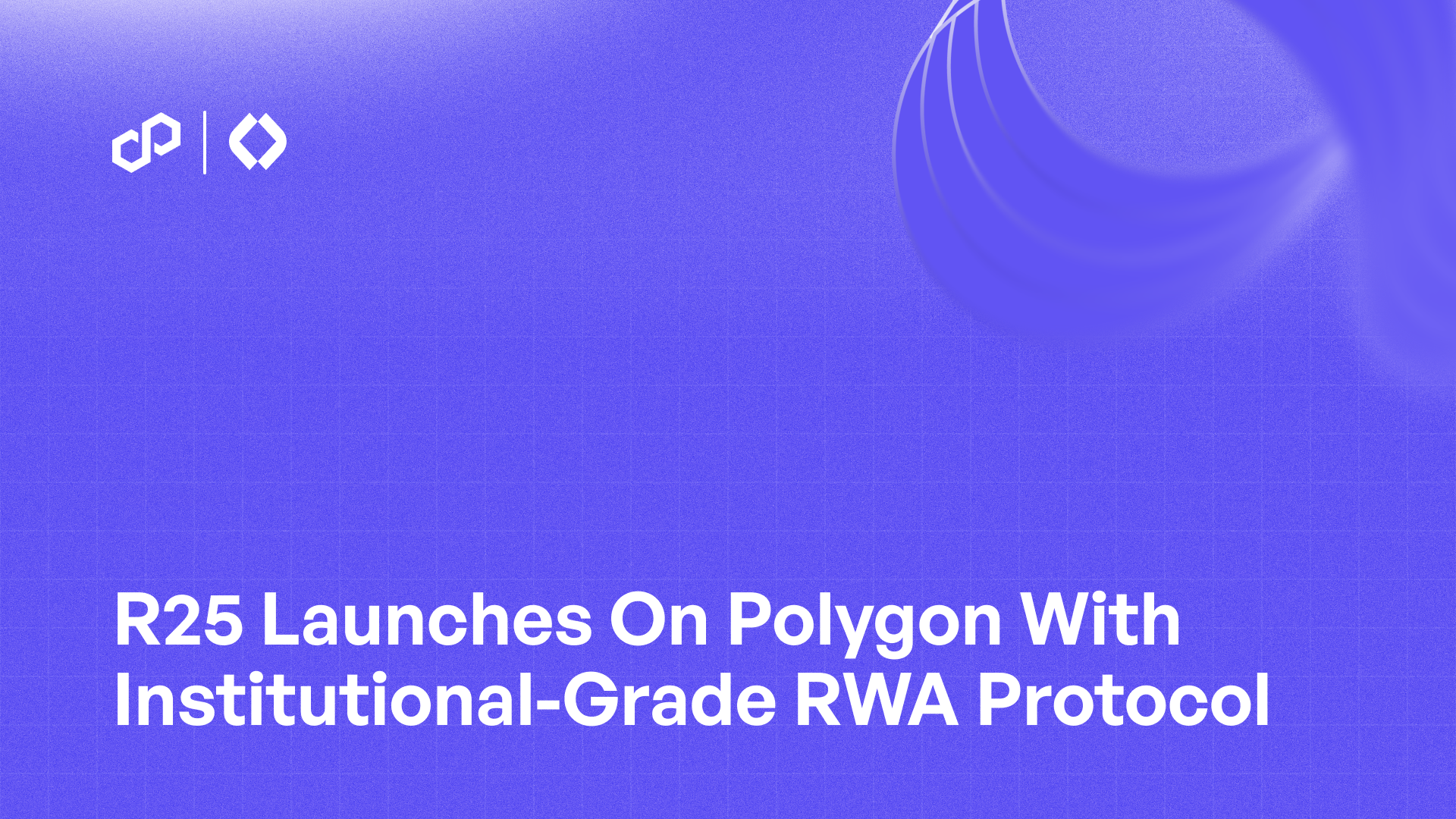
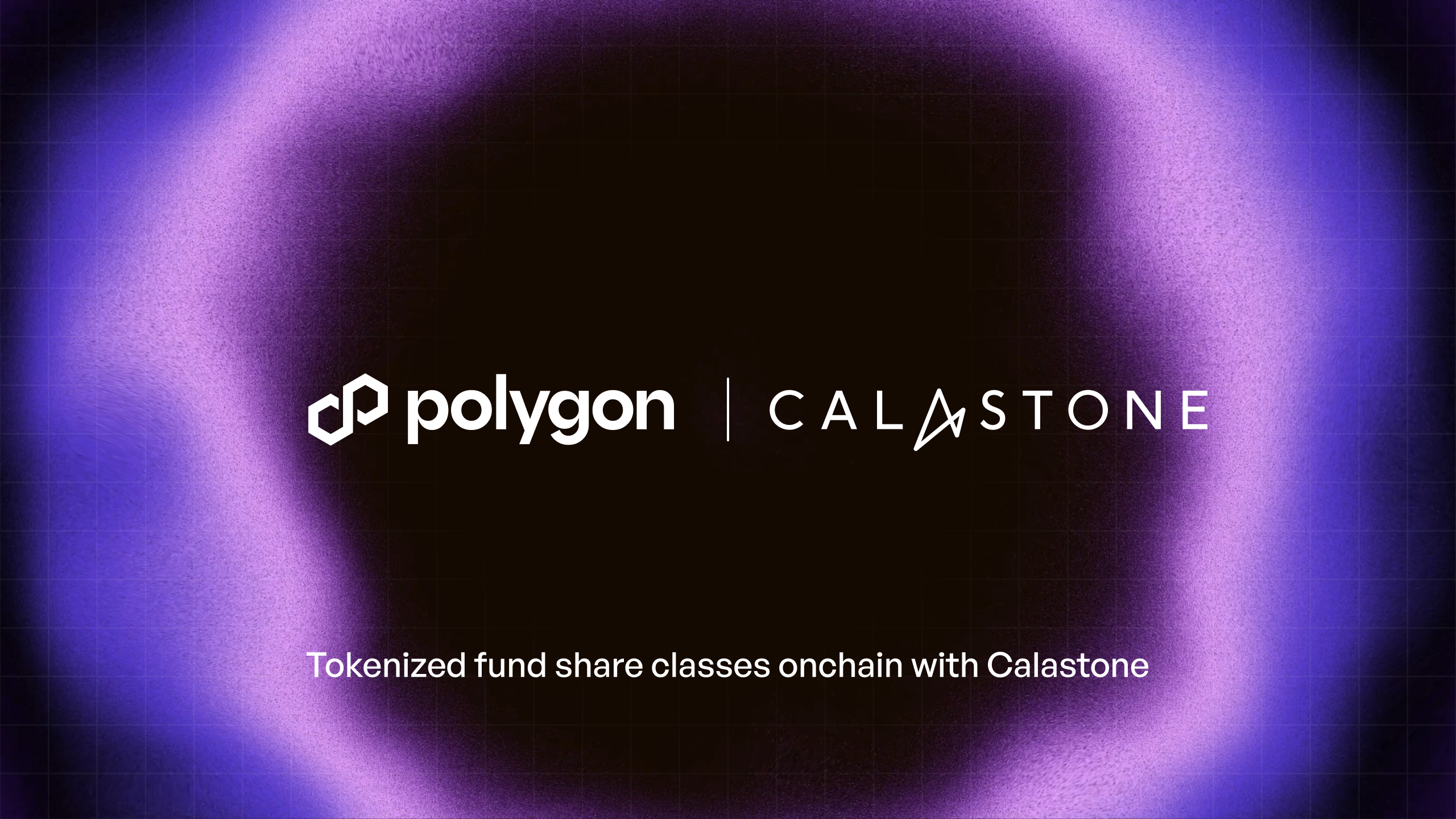
%20(1).png)